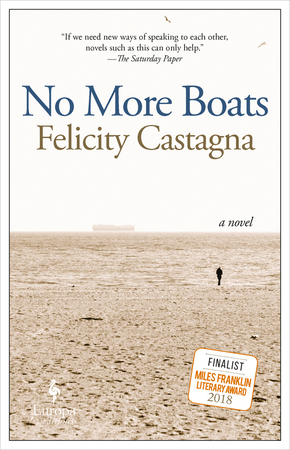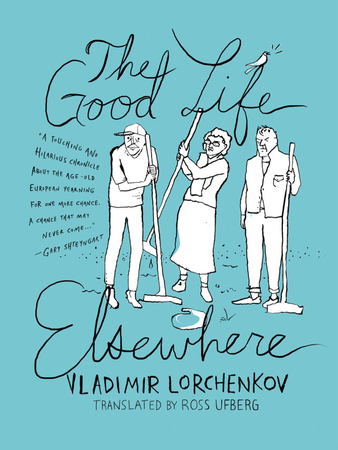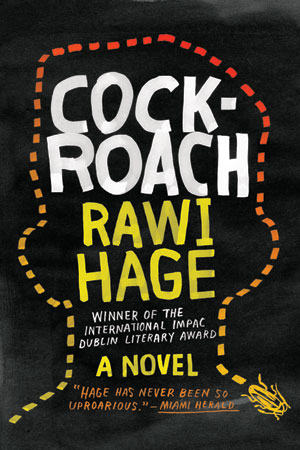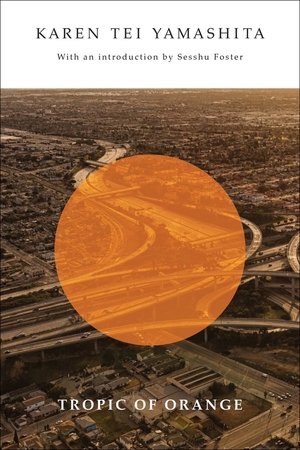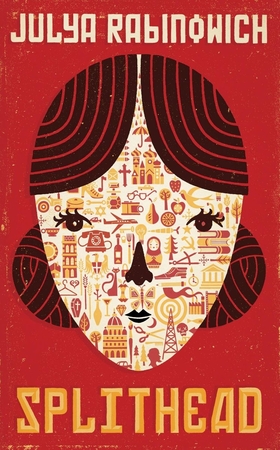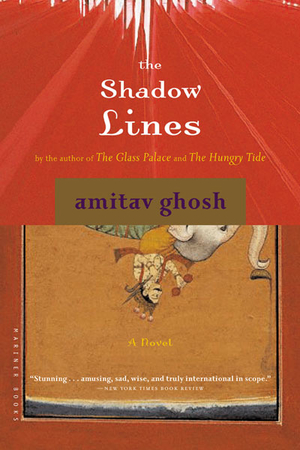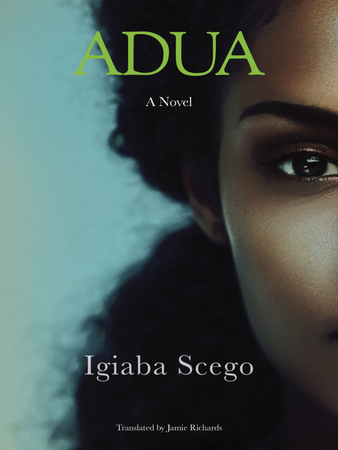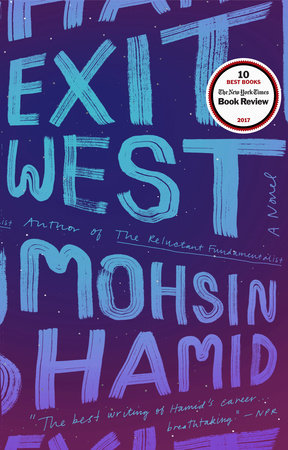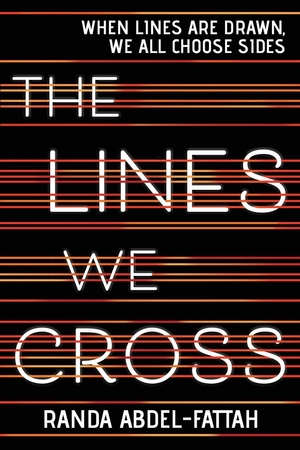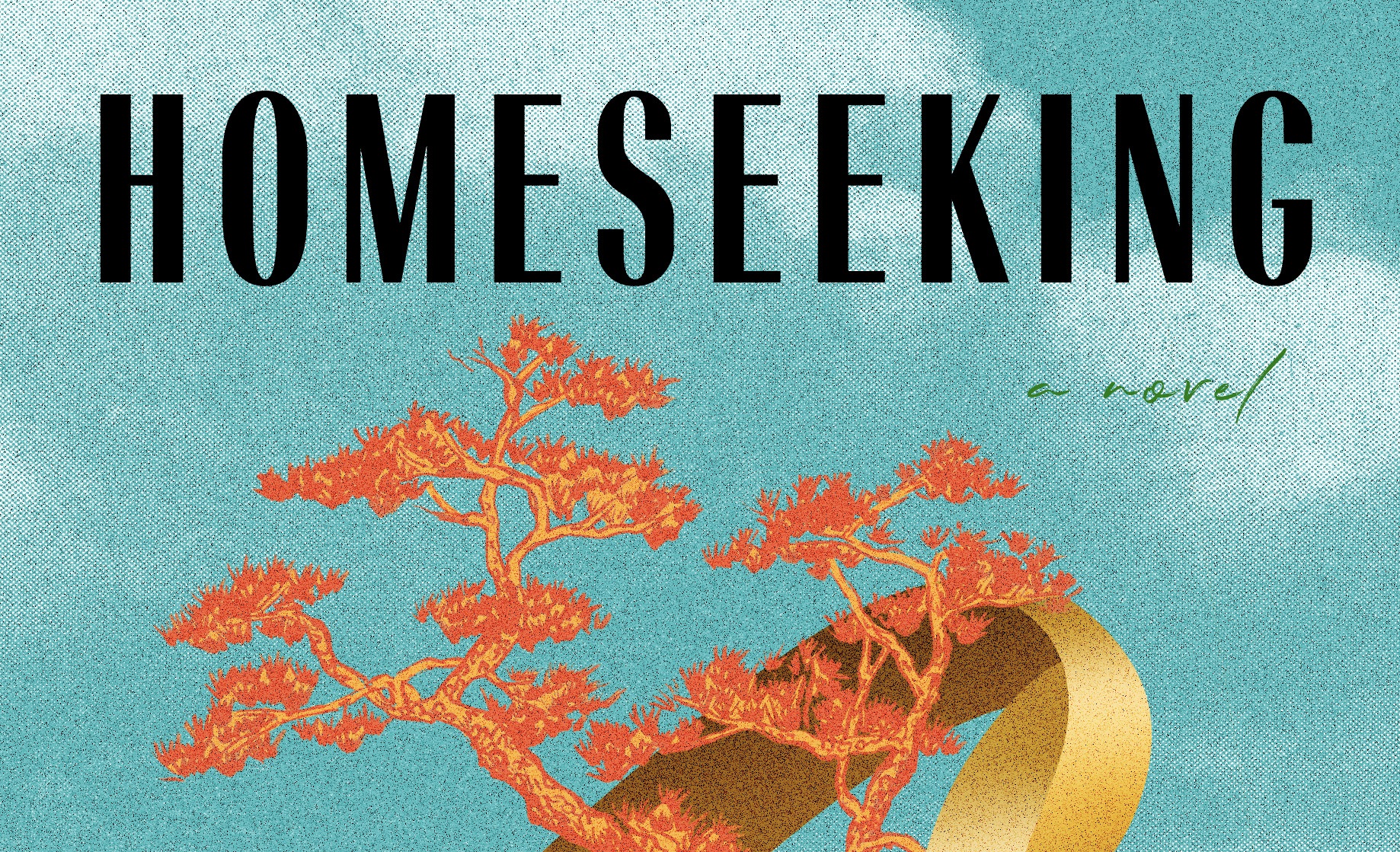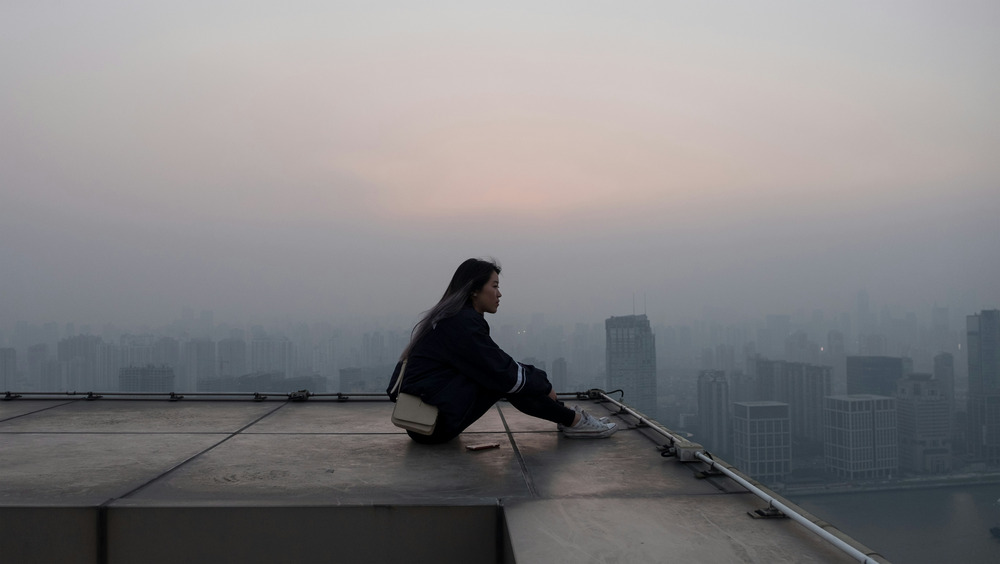Reading Lists
8 International Novels about Migration and Xenophobia
From Moldova to Somalia, Felicity Castagna, author of "No More Boats," recommends fiction about borders

I live on a large underpopulated island in the middle of the Pacific Ocean. It’s ripe for the taking said our politicians yesterday, today, the day before, since two hundred years ago when early colonial settlers first came down the river behind my house and the Indigenous warrior Pemulwuy tried to chase all those ghost white invaders and their boats down the river and back out into the sea.
According to the T.V. we are always in danger of being invaded–at one time it was from the Asian countries to our north and now it’s by the refugees, or Muslims (the T.V often doesn’t distinguish between these two groups) but always, always there are hordes of people massing somewhere just outside our territorial waters waiting in their boats for that moment when we let our guard down.
The great majority of migrants and even refugees to Australia do not arrive by boat but the facts of things don’t matter much in these debates. What matters is that wide open sea which symbolises our vulnerability and the boats we place our real and imaginary fears onto.
My dad’s people came here by boat too. This was in the 1950s, a time when we reluctantly let them in because we needed cheap migrant labour to help build things and mine things. My dad’s family was a hodgepodge of foreignness, my grandmother being a Greek from Egypt who migrated to Ethiopia where she met my grandfather in Italian-occupied Ethiopia at a very complicated time when people like them ended up in British internment camps. They got on the first boat out of there. To cut a long story short, they faced a lot of the usual hardship and racism successive generations of outsiders have faced when coming to Australia. Then my dad met my mum, a woman of Scottish/English stock whose family had never met a migrant before my mum married one.
All this brings me to my book No More Boats and the books I want to recommend to you here. In writing No More Boats, I wanted to write something really complicated, something about how ‘outsiders’ and ‘insiders’ navigate all that fear of our borders in complicated and unpredictable ways, from the protagonist of the novel who is an Italian migrant who joins the far-right anti-migration movement in Australia, to his daughter who is on the left side of politics but forgets to really care about human beings, to his son who just grew up in a highly multicultural community and doesn’t think about it very much, to his Anglo-Australian wife who will never understand the trauma that migration leaves inside of you.
While writing my book I looked for similarly complicated texts that dealt with nationalism, identity, borders and belonging and, of course, do what really great books do, which is to give the very personal, very human story of the complicated times we live in. Here are 10 novels about our borders and our fears:
The Good Life Elsewhere by Vladimir Lorchenkov
The Good Life Elsewhere by Vladimir Lorchenkov is a wholly original satire about the citizens of a small town in Moldova who are constantly attempting to immigrate to the more prosperous Italy. As most of the town is turned away from the border one by one, we begin to understand how borders and boundaries can shape the collective imagination. This is a book about big issues like a supposedly united Europe and the Soviet legacies that still hang over the former Eastern Bloc but it tells those stories by taking a microscope to the small lives of people from a small town.
Cockroach by Rawi Hage
Cockroach has this wild energy in the way that Hage throws a dizzying kaleidoscope of image after image down on the page, the accumulative effect of which is to make the reader profoundly and deeply feel the conflicted and contradictory world of the protagonist. He is the immigrant outsider, the bully, the thief, someone who exposes the hypocritical and overprivileged world of the non-migrant in Montreal and someone who simultaneous longs to be bourgeois himself, someone who engages in the exploitation of other migrants and who plays on the guilt of dogooders by exoticizing his own foreignness and poverty. He also believes he is half cockroach, an effective metaphor which emphasizes his invisibility and the lack of compassion in the world around him. I love that you can never pin him down.
Tropic of Orange by Karen Tei Yamashita
Tropic of Orange by Karen Tei Yamashita is a novel that shows what a complicated and complex discussion of what identity can look like and why fiction is often the best place to stage these discussions. Her novel is filled with the kind of transnational identities I grew up with but very rarely see in fiction – Singaporeans growing up speaking Spanish in Latino neighborhoods in the US, undocumented Chinese characters who arrive over the Mexican border–it even has a magically real character called “archangel.” All these figures wander somewhere around LA reworking and rewriting it’s geography in surreal ways that decenter both our understanding of race and place.
Splithead by Julya Rabinowich
Splithead by Julya Rabinowich is told from two intriguing first-person perspectives both of which tell the story of Mischka and her family’s migration from Russia to Vienna and their fraught attempts to find a home in the Austrian capital. While Mischka, the main narrator, relates the story from a purely subjective position, Splithead, a surreal all-knowing character, gives the readers insight into Mischka’s Jewish family history. He intervenes whenever one of the characters is overwhelmed with life. He coldly comments on all the members of Mischka’s family, exposing their hidden fears and harrowing family memories. This novel takes that old adage that to be a migrant is to always be split in two, quite literally.
The Shadow Lines by Amitav Ghosh
The Shadow Lines by Amitav Ghosh explores the rise of borders in the regions of India and Pakistan. Every character in this novel is in the process of crossing and recrossing or even of demanding new borders. In poetic prose Gosh looks at the way that borders not only set people apart but displace people from their own home. What is most interesting is the way that he explores the idea that borders force constrictive national and religious identities on people and the violence that often results in the state telling us who we are and who our enemies must be.
Adua by Igiaba Scego
Adua by Igiaba Scego opens with the main character Adua contemplating if she should stay in Italy or return to Somalia after her father has died and she has inherited the family home. Adua once fled a brutal regime but she also fled her overbearing father and the constraints placed on women in her home town only to find that Italy was not the free and radical place she was looking to find herself in. What I find most impressive in this novel is the way Scego merges African fable and folklore, family anecdotes, and a sophisticated knowledge of both African and Western literature and cinema to explore themes of colonialism, racism, sex and power.
Exit West by Mohsin Hamid
Exit West by Mohsin Hamid is the story of Nadia and Saeed, two quite different young people gradually falling for each other when war breaks out in the unnamed Middle Eastern country they inhabit. The novel is stripped back and unsentimental. It doesn’t scream its politics at the reader, which is what makes it such an uncompromising and affecting book about the individual realities of war, migration and refugees. Nadia and Saeed are flung into perpetual movement as they discover fantastical doors that act as portals to other places outside their war zone, places which are at once both comforting and unwelcoming. I don’t think I’ve stopped thinking about it since I read it.
The Lines We Cross by Randa Abdel-Fattah
When Michael Met Mina (published as The Lines We Cross in the US) by Randa Abdel-Fattah is that very rare kind of work that delves into both sides of the story with the same level of insight and compassion and therefor asks harder questions of the reader and it’s those hard questions that ultimately allow this book to be so powerful. Michael comes from a family of far-right anti-immigration activists, Mina is from a refugee background. A relationship between them gradually develops as they meet on the opposite side of rallies and end up at the same school. What unfolds between them is a meditation on race, class, nationalism and the damage parents can do to their children by passing on narrow minded and uncritical perspectives of the world.




